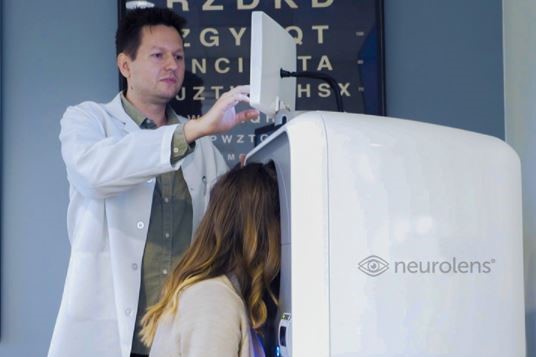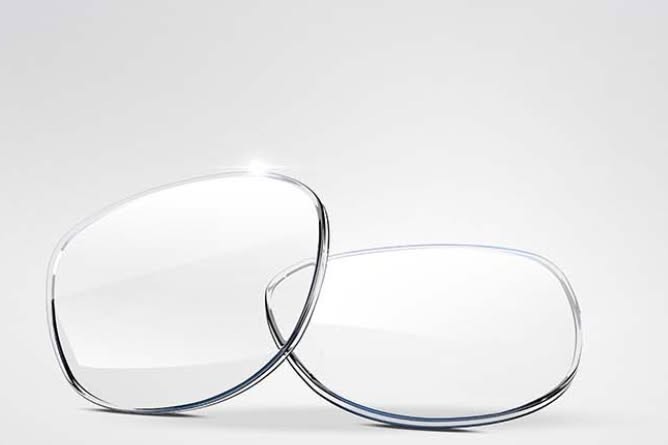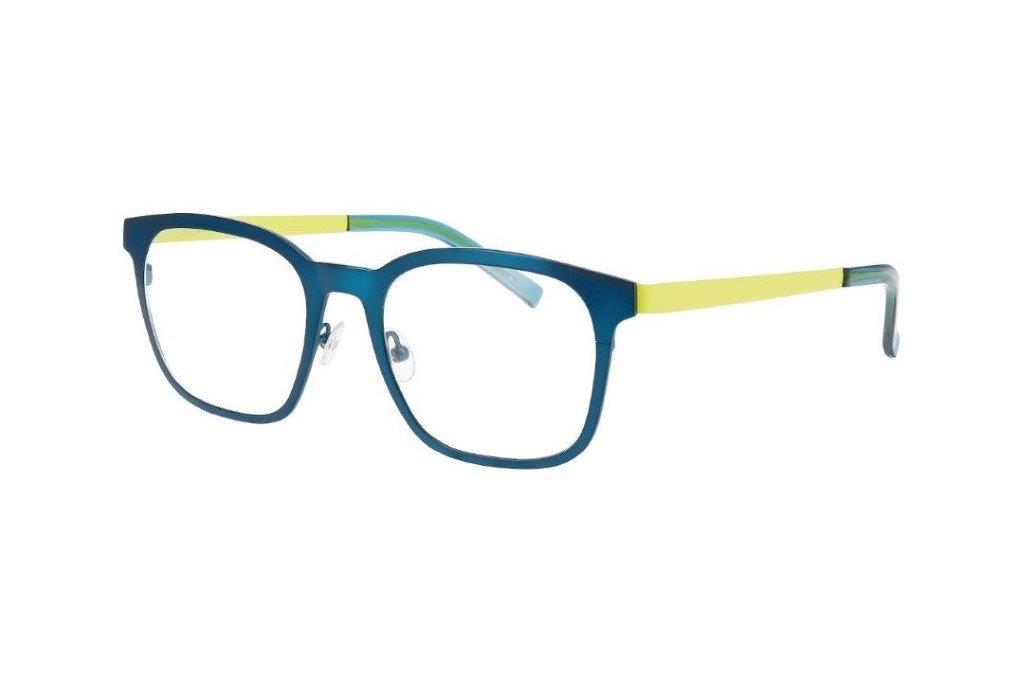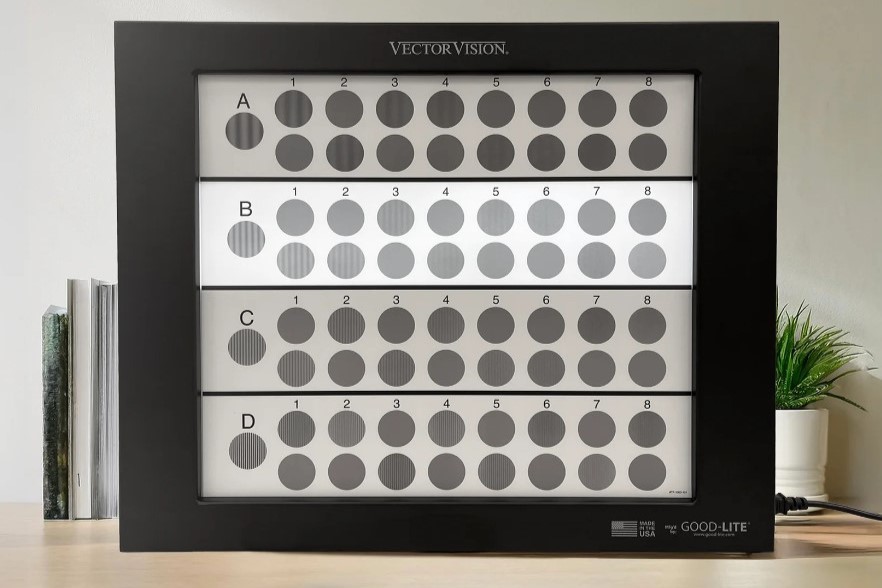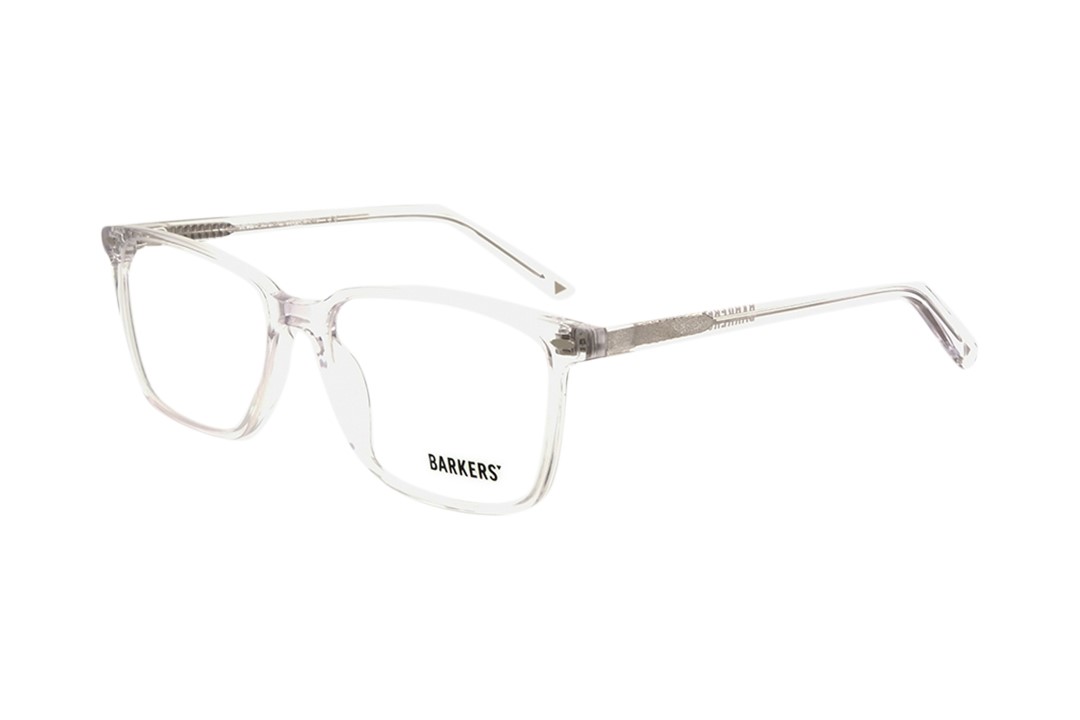Contoured prism lenses for chronic headaches?
Eyebrain Medical reported that 93% of patients responded positively to their novel Neurolenses, offering relief from digital eye strain.
The California-based company recently raised more than US$23.8 million to further develop and commercialise its Neurolens system of countered-prism prescription lenses. Its latest lens, the Neurolens Office, incorporates its unique contoured-prism design with a “smooth power progression optimised for intermediate and near zones for a clear field of view, providing relief from digital eye strain,” said Danny Perales, EyeBrain’s chief operating officer.
The Neurolens lenses are designed using eye-tracking technology to objectively and accurately measure the degree of eye misalignment for distance and near vision, said the company. During a three-minute measurement exam, the patient focuses on a single point while a dynamic display of rotating planets and stars activates peripheral and central vision to measure distance and near eye alignment. “These unique measurements, with calculations to the one-hundredth of a prism diopter, provide a recommended prescription range for the Neurolens contoured prism lens design,” explained Perales.
In related news, a case study, published by Optometry Times, followed a symptomatic adult Caucasian male over 90 days to determine the effects of contoured-prism technology on debilitating chronic daily headaches, using a validated headache-impact test (HIT-6). In this case, wearing the Neurolens prescription lenses with an added contoured prism full-time significantly improved the patient’s HIT-6 score by 3.5 lifestyle changes. “Notably, headaches that were frustrating and tiring enough to prevent activities in the patient’s daily living on a highly frequent basis were completely alleviated by day 90,” said case reporting optometrist Yamam Almouradi, adding the patient’s intake of Advil (ibuprofen) and Excedrin (acetaminophen-aspirin-caffeine) also decreased from “daily” to “on very rare occasions.”










